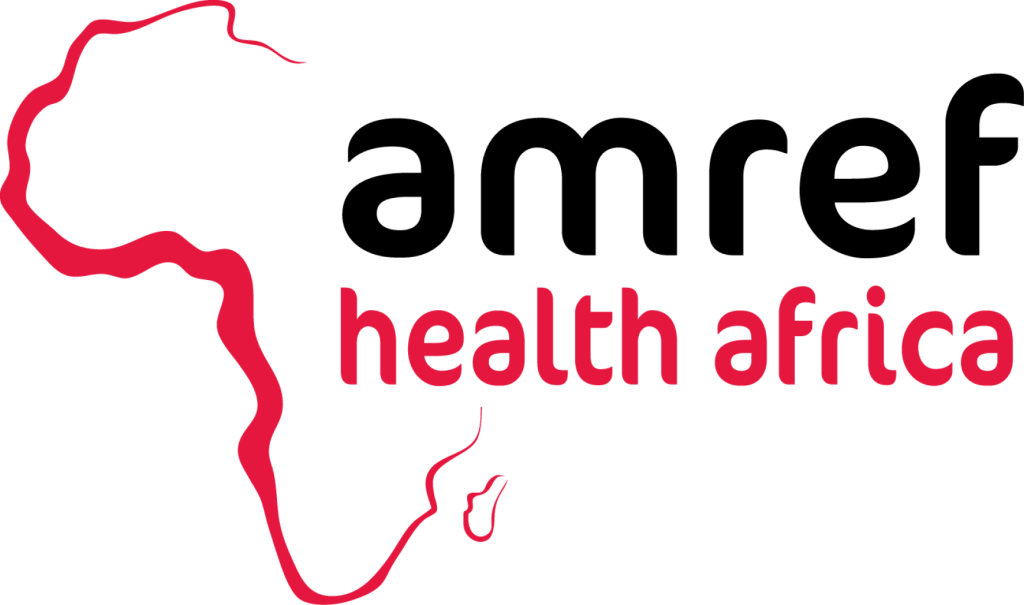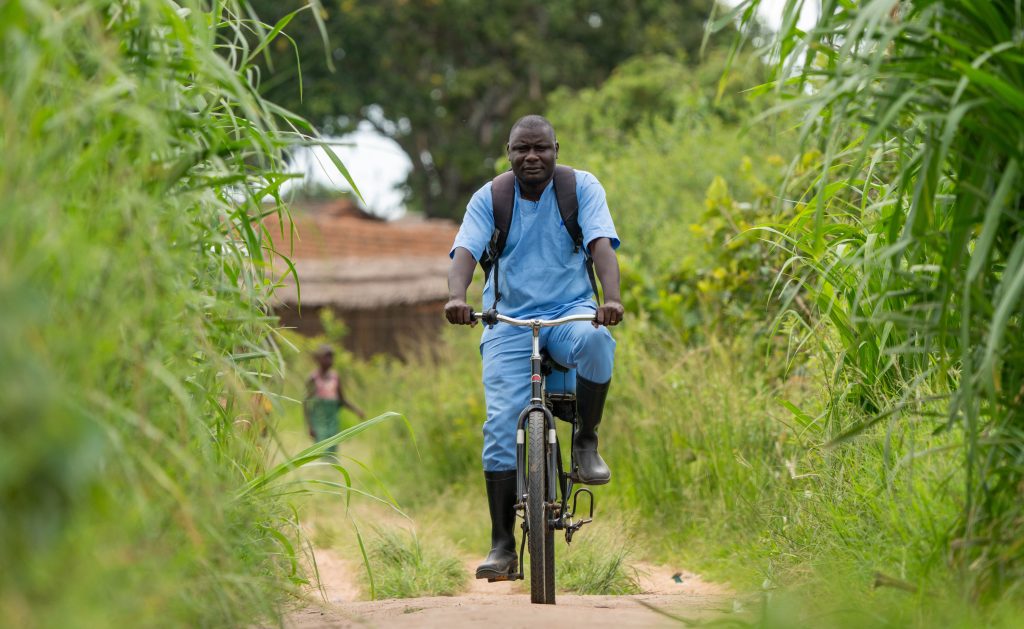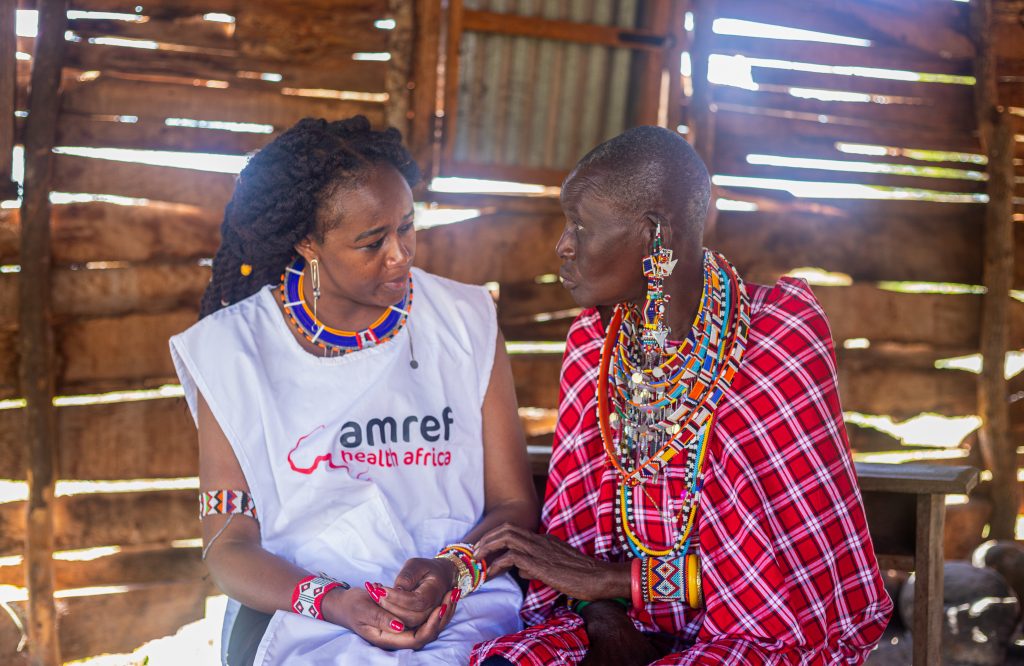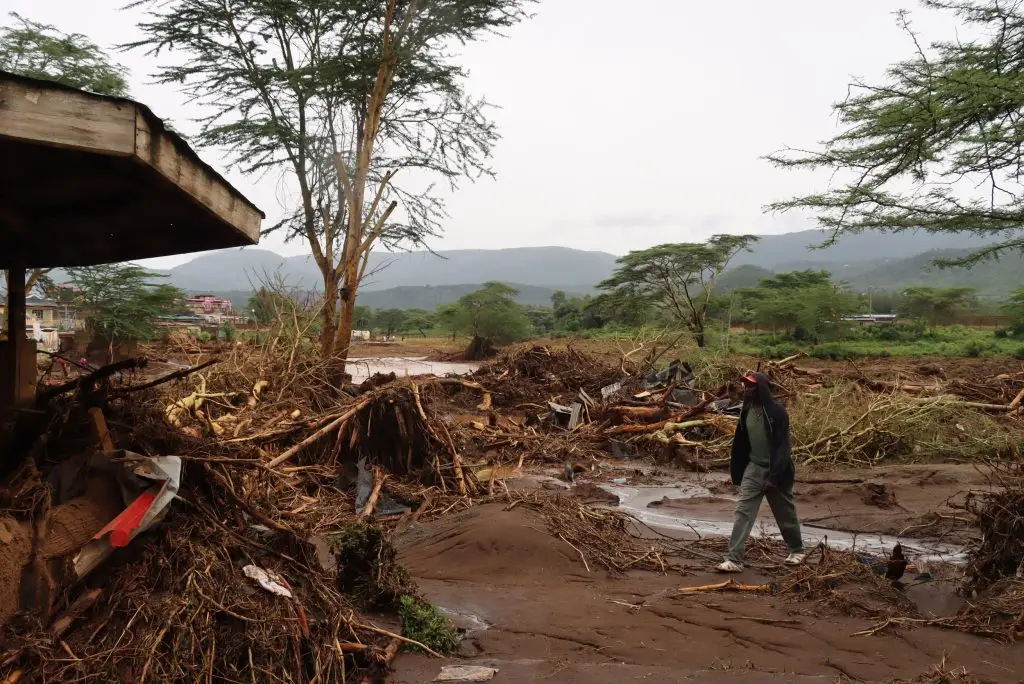A stronger Africa is powered by people.
Every health worker can reach hundreds of people with quality health services. But in many African countries, there is a critical shortage of skilled health workers. This means that millions of people are forced to go without the care they need.
Of the world’s health workforce is in Africa, but it carries about 25% of the global disease burden
Of community health workers are paid for their work – even though they are the backbone of the African health system
What does the health worker shortage mean for people in Africa?
For every missing health worker, there are hundreds of people forced to go without the health care they need. That could be emergency lifesaving care, treatment for infection, preventative care like getting a routine vaccination or reproductive health services.
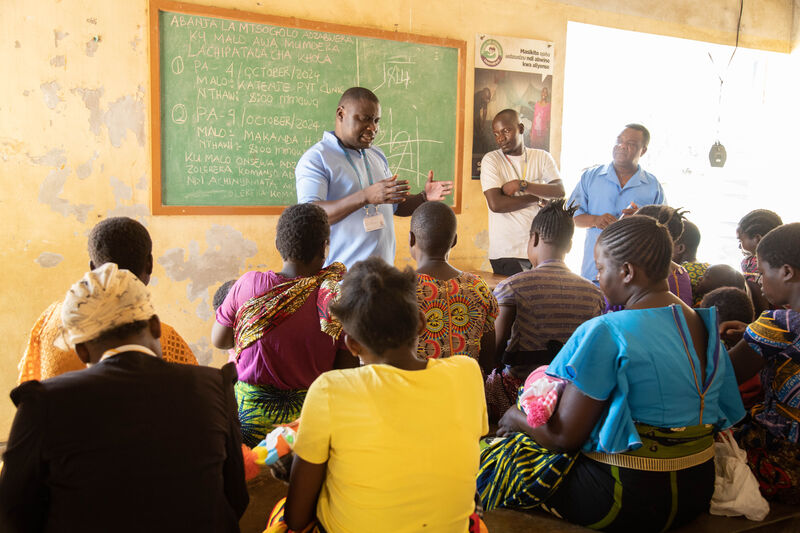
Without these services, people risk serious complications, life-long consequences and death. Historic under-investment in health means that health workers are under extreme pressure. At the primary level of healthcare, where people first seek medical help at a local health clinic, this causes acute problems.
- There are too few health workers at the clinic, many will not have up-to-date training, and most are not adequately paid for their critical roles.
- Many clinics are not adequately equipped with medical tools to serve their community’s needs. Some may not even have stock of basic medication.
- These difficult working conditions – such as power cuts during surgery, lack of personal protective equipment – can discourage people from entering the health workforce in the first place or lead them to leave.
COVID-19 and foreign aid cuts to global health have compounded these issues across Africa in recent years.
What is Amref doing to help?
There is an urgent need to strengthen Africa’s health workforce by training and supporting health workers across the continent.
Every year, Amref trains about 60,000 health workers to deliver quality healthcare.
Amref works to ensure that, in the countries where we operate, the health workforce is trained, equipped, supported, and remunerated for the work they do to serve their unique communities. With every additional trained health worker, we close the gap between people and the health services that they need.
We provide on-the-job training for community health workers.
Leap is a basic phone mobile learning solution, delivering offline health training information. With Leap, Amref can train community health workers rapidly, and at scale. This allows community health workers to up-skill on the specific health challenges facing their communities so they can deliver tailored, quality care to the households they serve.
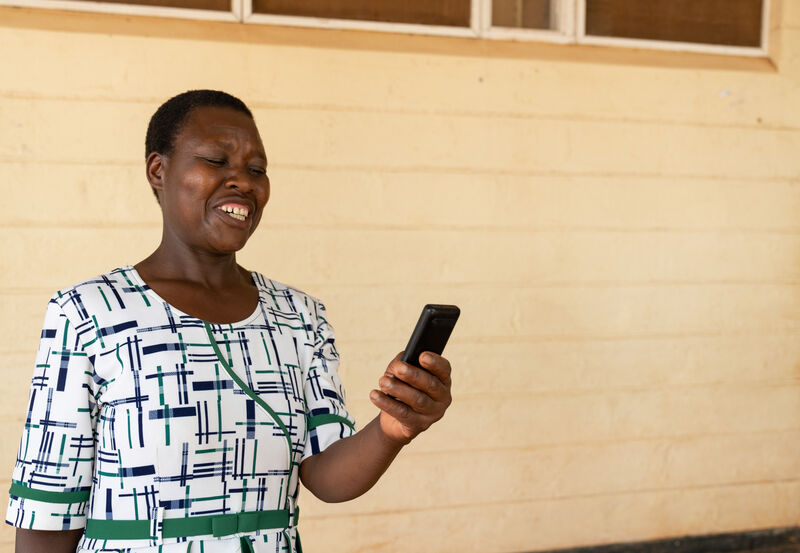
We provide specialist training to clinical officers, midwives, nurses and doctors.
Our Jibu digital learning platform allows health workers to gain new government-certified qualifications while working. With a wide range of courses to choose from, many co-developed and co-certified by national Ministries of Health, Jibu provides a training solution that does not take health workers away from communities and facilities, creating further shortages.
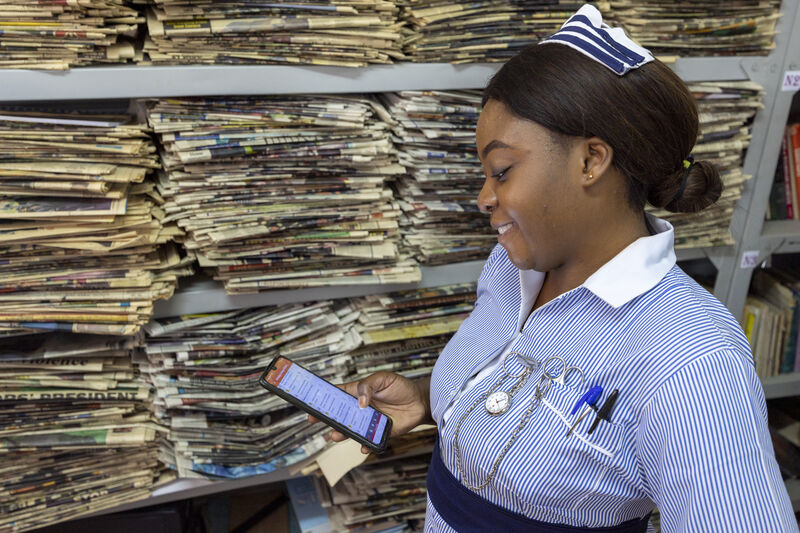
We help community health workers to gather household health data.
M-Jali is our bespoke tool for community health workers to gather and input health information about their communities. This integrates with District Health Information Software 2 (DHIS2) – a free and open-source health management data platform used by Governments worldwide as a reporting tool. This improves the accuracy of health data, meaning health leaders can make more informed decisions about where to prioritise their health workers and resources.
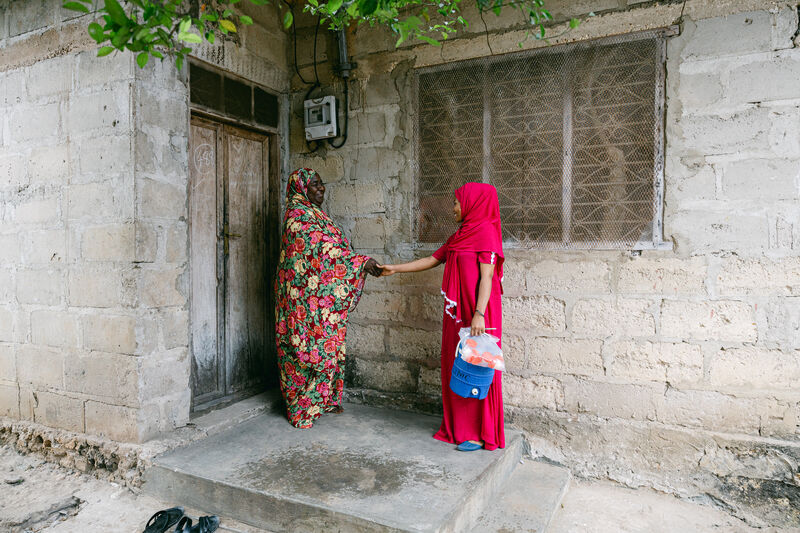
We operate a university, offering African health workers certificate, degree and professional development courses.
Amref International University (AMIU) has a main campus in Nairobi, Kenya, and offers online distance-learning courses as well as scholarships for marginalised students – helping to shape the African health workforce of the future. Over 80% of AMIU graduates choose to stay in Africa, dedicating their skills and knowledge to the communities that need them most.
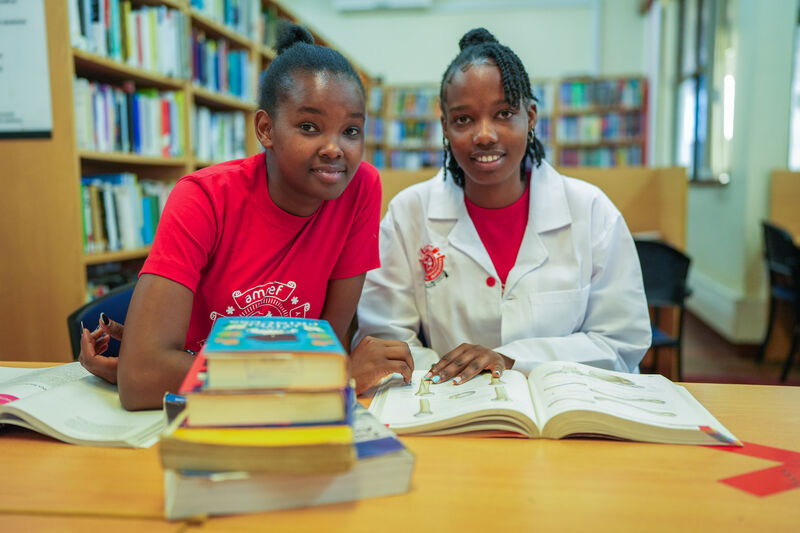
We support health decision makers in governments – from county or district level, to national.
We provide training in leadership, management and governance to decision-makers in government health teams, whether responsible for district-level or national health decisions. These courses ensure that they are making smart and sustainable decisions on resource allocation and measurement. We also produce bespoke training courses for African representatives on health on the global stage, helping to advocate for increased investment in African health systems and health workers.
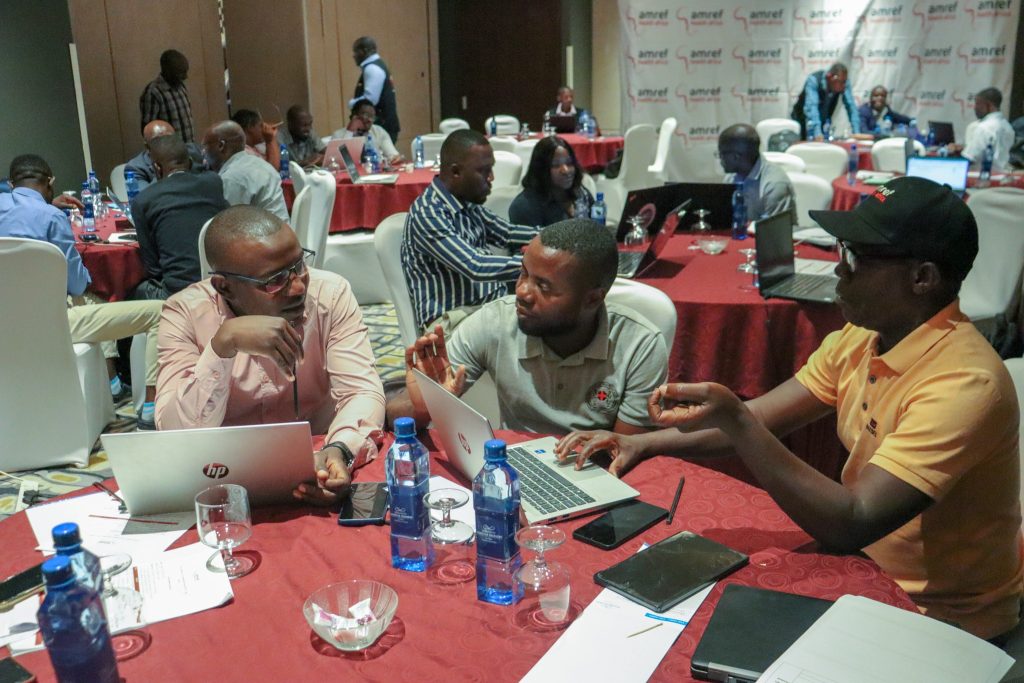
We are training midwives to help South Sudan’s mothers
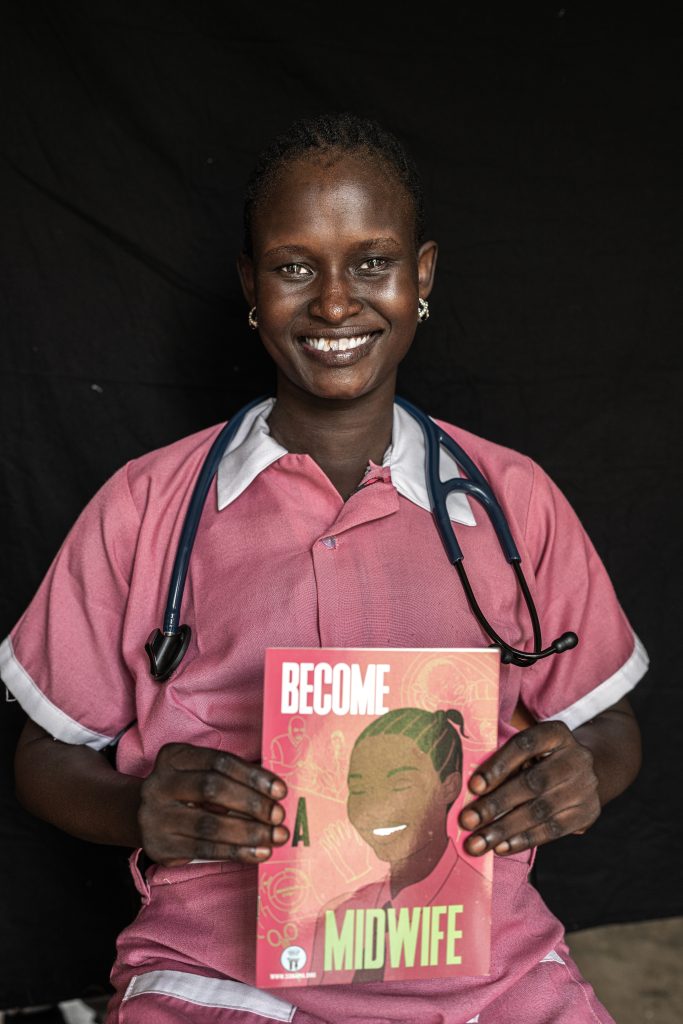
In South Sudan there are 3,000 midwives – only around 700 of which are fully-trained— for the entire 12m population. There are too few health clinics, meaning people must travel long distances to seek care, even in emergencies. Just 19% of births takes place with any skilled medical help. It has one of the world’s highest maternal death rates, and a worryingly high neonatal death rate.
Amref provides training to South Sudan’s midwives to ensure they are up to date with basic emergency obstetric care and supports new midwives to fully qualify at South Sudan’s only midwifery training institute.
Victoria Agum is one of those new midwives. She grew up in a deeply rural village in Tonj, in the north of the country. There, women simply cannot access trained medical help when they give birth. This experience spurred her interest in becoming a midwife but she couldn’t pay for her training. She applied to AMIU for a scholarship and was successful—she is now studying at Maridi Health Sciences Institute.
